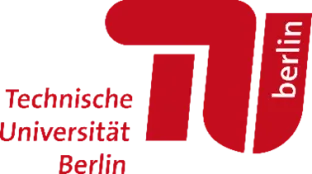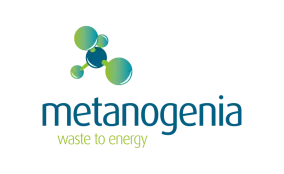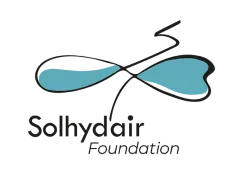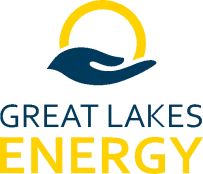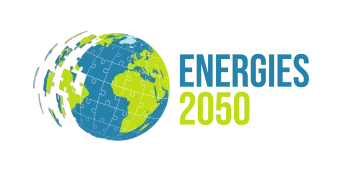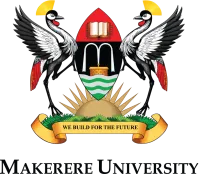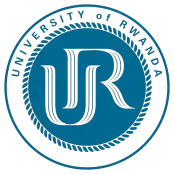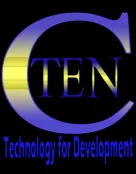Project period:
1.6.2024–31.5.2028
Project funding:
European Commission - EU Horizon

Green transition is at the forefront of political and societal ambitions for more sustainable economies, industries, and societies. At the same time, there are projected to be over 117 million displaced people in the world today, in need of humanitarian assistance1, most of whom are located in African countries. Around 95% of displaced people in camps do not have access to electricity: the energy needs of displaced people, and in extension host communities, are largely unmet - displaced people lack access to clean energy solutions and are often not able to access modern electricity to meet their needs for power, cooking, heating, and cooling. Around 81% of them, as well as local host communities, use high-carbon technologies due to the lack of Renewable Energy Technologies (RETs) adapted to their needs2. Sustainable uptake of RETs can only be ensured through the effective inclusion of stakeholders all along the value chain and throughout the development of tailored technologies.
To answer to this challenge, the SUNNY project focuses on a wide scope of activities complementing technical aspects of the provision of sustainable technologies with environmental and socio-economic aspects and including stakeholders and decision-makers with various professional backgrounds and experiences. From design to commissioning and operation, internal and external partners will ensure that technical, environmental, social, and economic positive impacts are generated through the implementation of collaborative methodologies.
The overall objective of SUNNY is to demonstrate the efficient implementation of renewable energy technologies to match local contexts’ needs and to improve climate mitigation and adaptation potential. These technologies will help to improve the livelihood of remote and under-served communities, especially displaced populations, in Africa.
Project period:
1.6.2024–31.5.2028
Project funding:
European Commission - EU Horizon

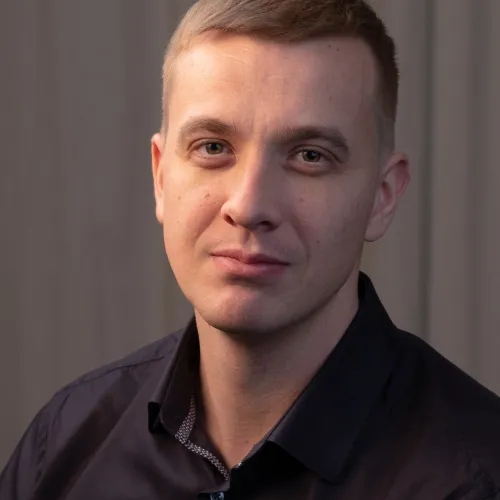
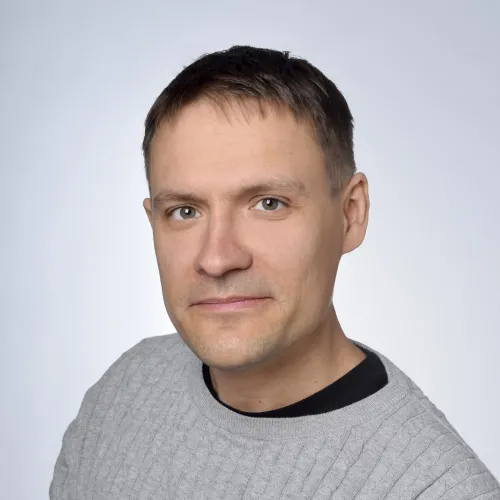
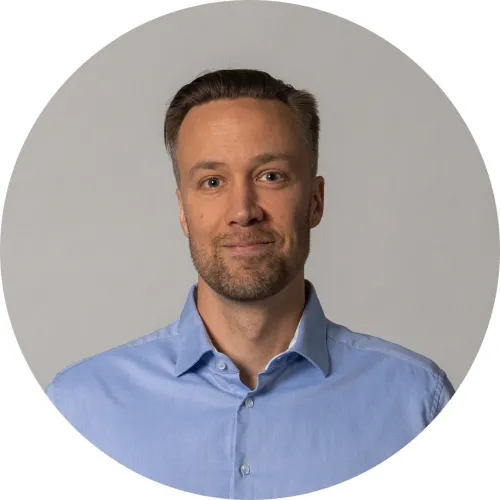

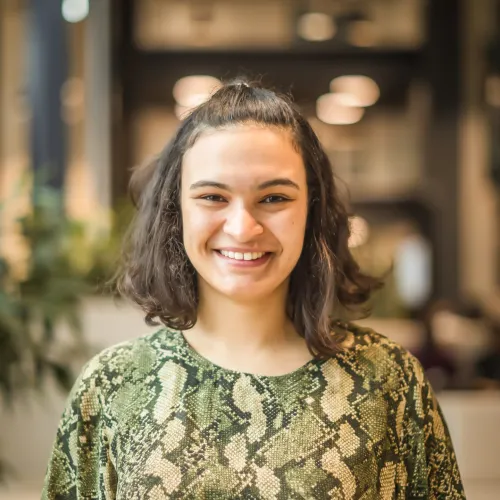
The project consortium consists of 17 partners, including universities, companies and NGOs. Within the consortium, several organisations are accustomed to working with refugee camps, including NGOs (Hudara, Practical Action, CTEN, Energies 2050, Refuse), research organisations (Technische Universität Berlin, Lappeenranta-Lahti University of Technology LUT, Makerere University, University of Rwanda), and technology providers (Akofresh, Metanogenia, Solhyd, Solhydair, Solektra, Terra Energy, Great Lakes Energy).
The development of the various activities will be based on the experience of the different partners. Various partners are also involved in other AU-EU projects, extending the range and visibility of possible collaborations.
